28, March 2024
South Africa: Jacob Zuma barred from running in May general election 0
Former President Jacob Zuma has been barred from running in South Africa’s general election in May.
The country’s electoral commission, or IEC, has not given a reason.
However, his 2021 conviction, and jailing, for contempt of court would appear to disqualify him.
His backing of the new uMkhonto we Sizwe (MK) party has been seen as a possible threat to the governing African National Congress (ANC), which has suspended Mr Zuma.
The 81-year-old served as president from 2009 until 2018, when he had to step down because of corruption allegations.
Mr Zuma’s new party is named after the ANC’s former military wing, and he sees himself as the true heir to the governing party’s revolutionary roots.
The ANC had wanted South Africa’s electoral body to deregister MK but this request was rejected on Tuesday.
Mr Zuma has been leading the MK party’s campaign and was the first name on their candidate list, but the electoral commission received objections to him potentially becoming a member of the National Assembly.
Rather than voting directly for a president, South Africans elect members of the National Assembly. The head of whichever party gains a majority then becomes the country’s leader.
“In the case of former President Zuma, yes, we did receive an objection, which has been upheld,” said electoral commission head Mosotho Moepya on Thursday.
“The party that has nominated him has been informed,” Mr Moepya told journalists.
Mr Zuma has until 2 April to appeal against the decision.
The former president received a 15-month prison sentence in 2021 for contempt of court and the constitution says anyone who has had a prison sentence of longer than 12 months is not eligible to run for election.
Mr Zuma is also facing charges of corruption over a multi-billion dollar arms deal from the 1990s, when he was vice-president.
The IEC said that the ruling did not prevent the MK party from taking part in the 29 May poll, News24 reports.
For the first time since the start of the democratic era in 1994, the ANC’s vote share could fall below 50%, according to several opinion polls. The MK party is seen as popular in Mr Zuma’s home region of KwaZulu-Natal.
Source: BBC

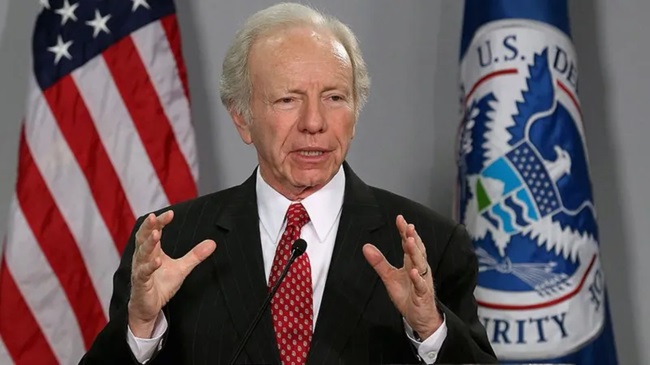
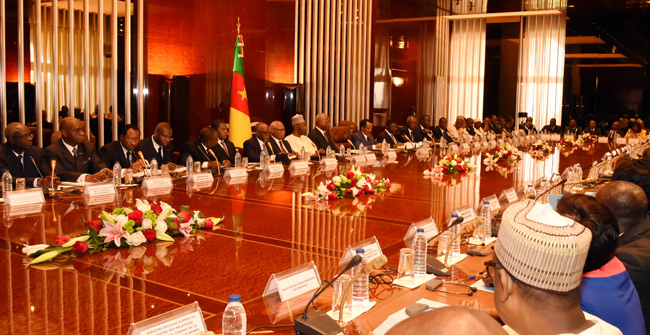
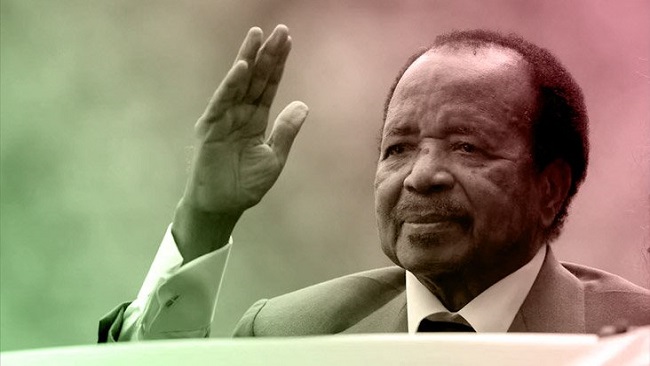
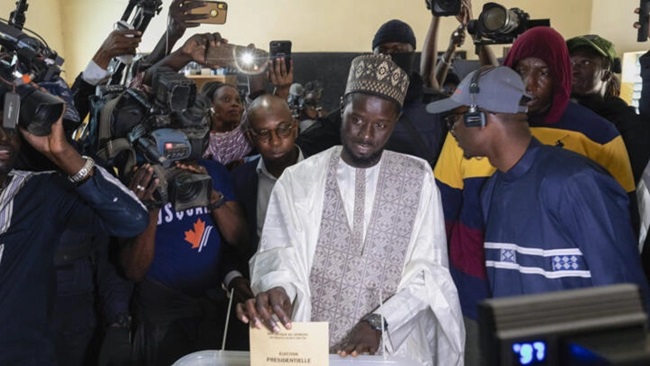
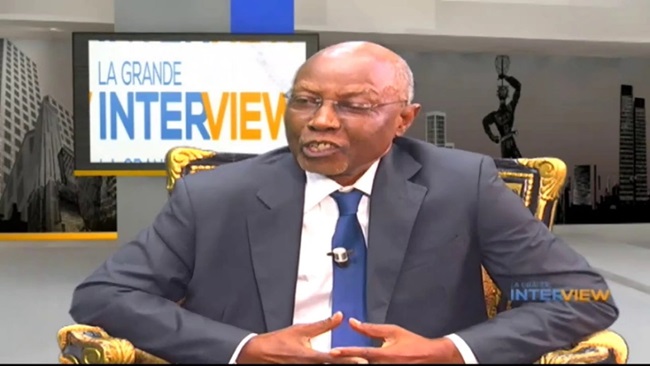
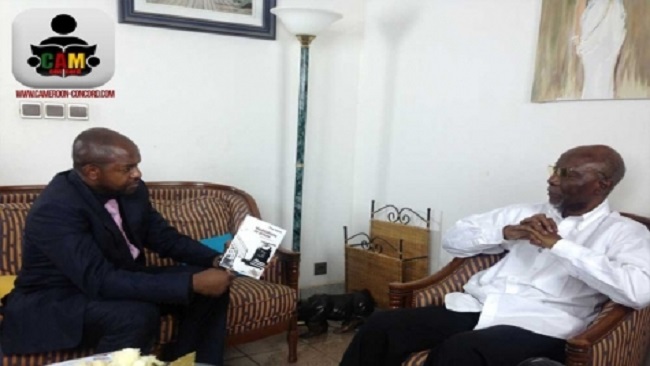

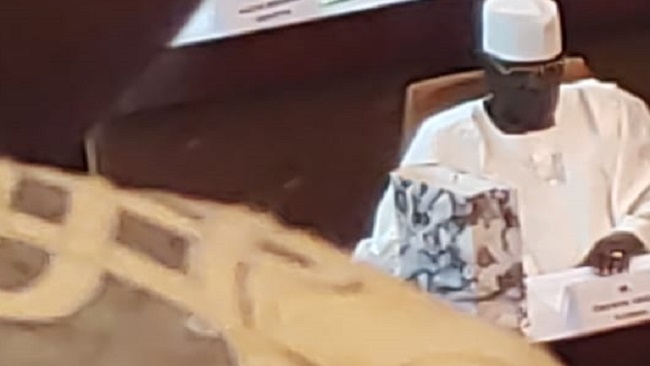



















28, March 2024
CPDM Crime Syndicate: Philémon Yang on his way to the presidency of the UN General Assembly 0
Philémon Yang, former Prime Minister of Cameroon, is set to become the president of the 79th United Nations General Assembly next June.
Aged 76, he will succeed Denis Francis of Trinidad and Tobago. His candidacy, supported by President Paul Biya, received strong support from the Central Africa region, making him Africa’s only candidate for this prestigious position.
Paul Biya played a crucial role in Yang’s candidacy, publicly supporting him and mobilizing ambassadors in Yaoundé in his favor.
Despite his replacement in 2019, Yang remained active in power circles, holding senior positions. His integrity and discretion, as well as his record of not being involved in controversial matters, strengthened his candidacy.
Philémon Yang, a seasoned diplomat, has a long career marked by key positions and above all benefits from a reputation for integrity. His future presidency at the UN will see him engage in resolving global crises, far from the tumult of Cameroonian politics.
Source: Le Journaldelafrique